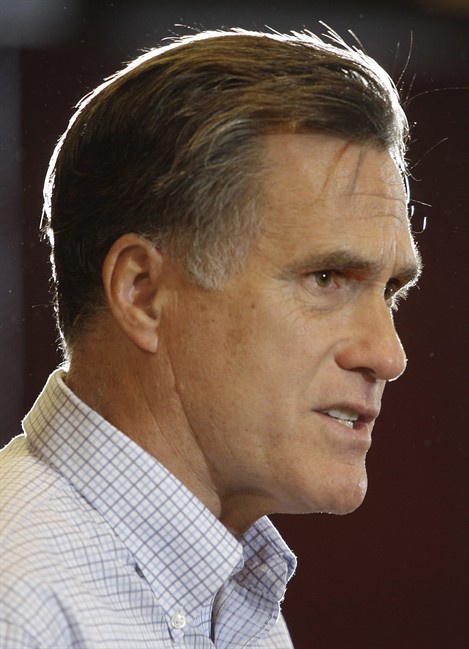WASHINGTON – A gathering of religious conservatives drew nearly all the Republican presidential hopefuls to a single stage, a claim that a South Carolina debate and a well-publicized forum in New Hampshire couldn’t make about their recent events.

The Faith and Freedom Coalition’s two-day conference proved that the religious right still plays a major role in the Republican nominating process, even if it’s less organized than during the Christian Coalition’s heyday and economic issues are dominating the early campaign.
The gathering was a tryout for candidates hoping to fill a void left by former Arkansas Gov. Mike Huckabee, a Southern Baptist minister who won the 2008 Iowa caucus but is not running this time.
Most of the candidates spent more time on money issues than on spiritual matters on the opening day of the conference Friday. But they generally portrayed the federal debt and health care policies as moral concerns.
They also paid tribute to religious conservatives who often place abortion, gay marriage and other social issues ahead of questions such as taxes and spending.
Former Utah Gov. Jon Huntsman, who recently stepped down as the Obama administration’s ambassador to China, bypassed a large scrum of journalists but did give an interview to the Christian-oriented CBN network.
“I do not believe the Republican Party should focus solely on our economic life to the neglect of our human life,” Huntsman told the conference audience of several hundred after citing numerous anti-abortion laws he signed as governor.
Huntsman and former Massachusetts Gov. Mitt Romney are Mormons, a group eyed suspiciously by some Christian conservatives. They did not directly mention Mormonism in their remarks.
The Republican contenders who seem to be making the most direct appeals to evangelical voters are former Minnesota Gov. Tim Pawlenty, Rep. Michele Bachmann of Minnesota, former Pennsylvania Sen. Rick Santorum and former House Speaker Newt Gingrich, who didn’t attend but sent a video message.
Pawlenty, a Catholic-turned-Protestant evangelical, opened and closed his remarks with biblical quotes. His said his top four “commonsense principles” for the nation are to turn toward God, protect the unborn, support traditional marriage and keep Americans secure.
Bachmann, inching toward a presidential bid, reminded the audience that she home-schooled her five children and served as foster mother to 23 others. She said “marriage is under siege” in America and she ended with a prayer that asked a blessing for President Barack Obama, whom she had sharply criticized moments earlier.
Romney, seen as the Republicans’ early front-runner, may have the toughest task in wooing religious conservatives. As a Senate candidate and one-term governor in Massachusetts, he supported legalized abortion, gay rights and gun control.
Romney has reversed his stands on those positions. Since speakers didn’t take audience questions at the event, he had an easier time than he will in other settings.
He cited “our belief in the sanctity of human life,” and said marriage should apply to “one man and one woman.” Romney blamed Obama for the nation’s high unemployment. Job losses can push marriages to the breaking point, he said, calling it “a moral crisis.”
Rep. Ron Paul of Texas mixed quotes from the Bible’s first book of Samuel with his familiar libertarian proposals, such as returning to the gold standard.
All these lines got applause. Still, a sense of unease sometimes hung over the event. Organizers acknowledged that some religious conservatives are not happy with the heavy emphasis on economic matters these days.
The audience members sat silently when Mississippi Gov. Haley Barbour urged them to embrace the eventual nominee despite the certainty that they will disagree with him or her on some issues.
“Purity is the enemy of victory,” said Barbour, who has decided against his own presidential bid.
___
Online:
Faith and Freedom Coalition: http://ffcoalition.com/




Comments